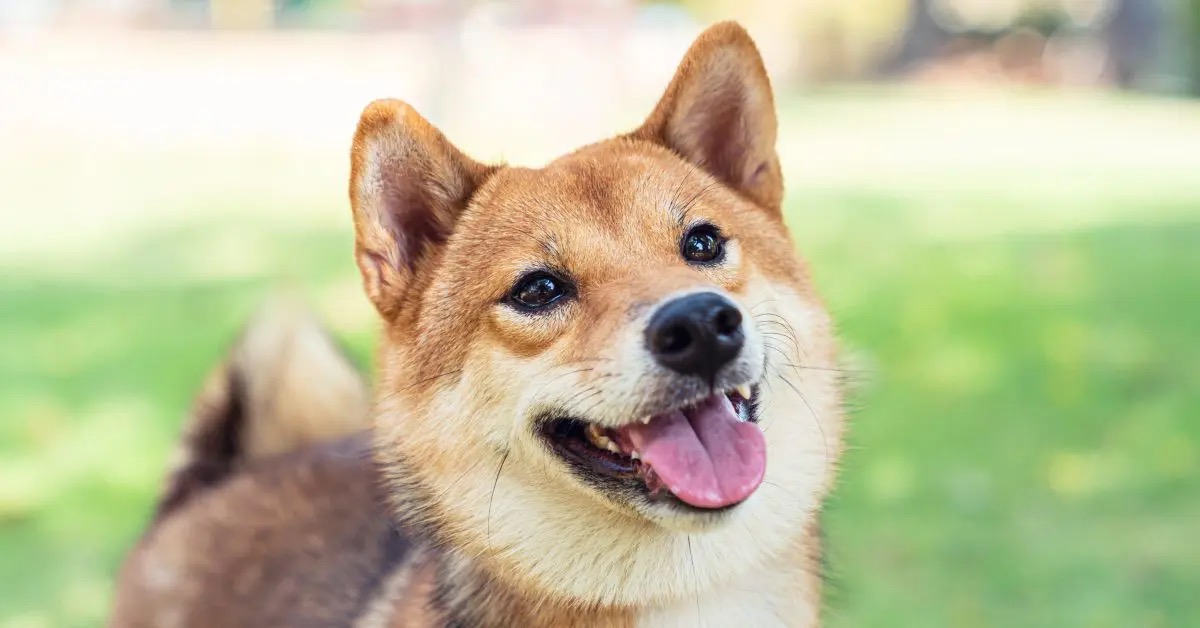Are Shiba Inu Good With Kids

Shiba Inus, with their fox-like features, has spike in popularity in recent years, leading many families to wonder if these captivating canines are a good fit for homes with children.
So, are Shiba Inus good with kids? The answer, like many things in life, is a bit complicated. It’s not a simple yes or no; it depends on a variety of factors, including the individual dog’s temperament, the child’s age and behavior, and the family’s commitment to training and responsible pet ownership.
Shiba Inus and Children: The Good, the Bad, and the Considerations
Let’s explore both sides of the coin:
The Good:
- Affectionate with Family: Shiba Inus, while often reserved with strangers, tend to be affectionate and loving toward their families. They can form strong bonds with children, especially when raised together from a young age.
- Playful and Energetic: Known for their playful and energetic nature. They match the energy levels of active kids, enjoying playtime and outdoor activities.
- Loyal and Devoted: Once a Shiba Inu accepts a family member, they are fiercely loyal and protective. This loyalty can create a special bond with children.
- Trainable: While they can be stubborn at times, Shiba Inus are intelligent dogs and can be trained with patience, consistency, and positive reinforcement techniques.
The Considerations:
- Independent and Stubborn Nature: Shiba Inus are known for their independence and can be quite stubborn. This can make training challenging and requires patience and dedication from all family members.
- Sensitivity & Low Tolerance for Rough Play: These dogs can be sensitive and may not like rough handling or loud noises. Young children who may not understand dog body language can inadvertently provoke a Shiba Inu.
- High Prey Drive: Shiba Inus have a strong prey drive and enjoy chasing small animals or children who run around excitedly. This can be dangerous, especially in unfenced areas.
- Need for Early Socialization and Training: Early socialization and consistent training are crucial for any dog, but especially for Shiba Inus. This helps them learn appropriate behavior around children and other animals.
- Shedding & Potential Allergies: Shiba Inus are not hypoallergenic and shed a bit, which can be a concern for families with allergies.
Making it Work: Tips for Shiba Inu Owners with Kids
If you have your heart set on a Shiba Inu and have children, here are some tips to increase the chances of a harmonious relationship:
- Supervision is Key: Never leave young children unsupervised with any dog, especially a Shiba Inu. Always be present to monitor interactions and ensure both the child and dog are safe and comfortable.
- Early Socialization: Expose your Shiba Inu to children of all ages from a young age. This helps them learn how to interact appropriately and reduces the likelihood of fear or aggression.
- Proper Training: Invest in professional training or learn positive reinforcement techniques to train your Shiba Inu. Consistency and patience are key.
- Teach Kids Respect: Children need to be taught how to interact with dogs respectfully. This includes avoiding rough play, respecting the dog’s space, and understanding dog body language.
- Choose Wisely: If you have young children, consider adopting an adult Shiba Inu with a known temperament around kids. This can reduce the risk of unexpected behavior.
Alternatives to Consider
If you’re concerned about the Shiba Inu’s suitability for your family, several other breeds are known for being good with children. These include:
- Beagle
- Labrador Retriever
- Golden Retriever
- Collie
- Poodle (Standard or Miniature)
Remember, every dog is an individual, and breed traits are just a starting point. It’s essential to meet any potential dog and assess its personality before bringing it into your home.